EATS Broker sells Marco’s Pizza in McKinney, Texas
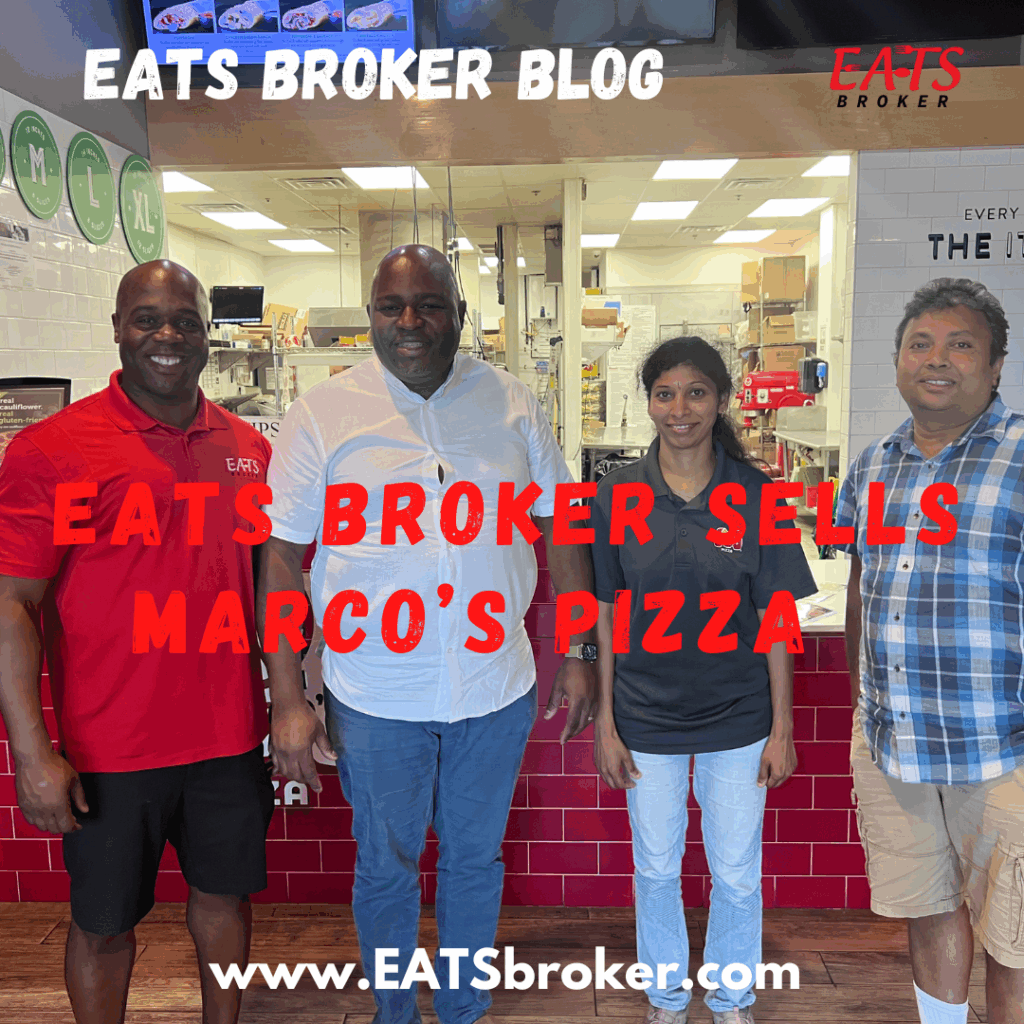
Dallas, Texas-EATS Broker, a leading restaurant brokerage firm located in Dallas, Texas, is pleased to announce the successful sale of Marco’s Pizza located at 4100 Ridge Rd STE 102, McKinney, TX 75070 EATS Broker represented the Seller and the Buyer through a complex franchise resale transaction, ensuring a smooth a successful closing. Marco’s Pizza is one of the […]
What is a Restaurant Brokerage
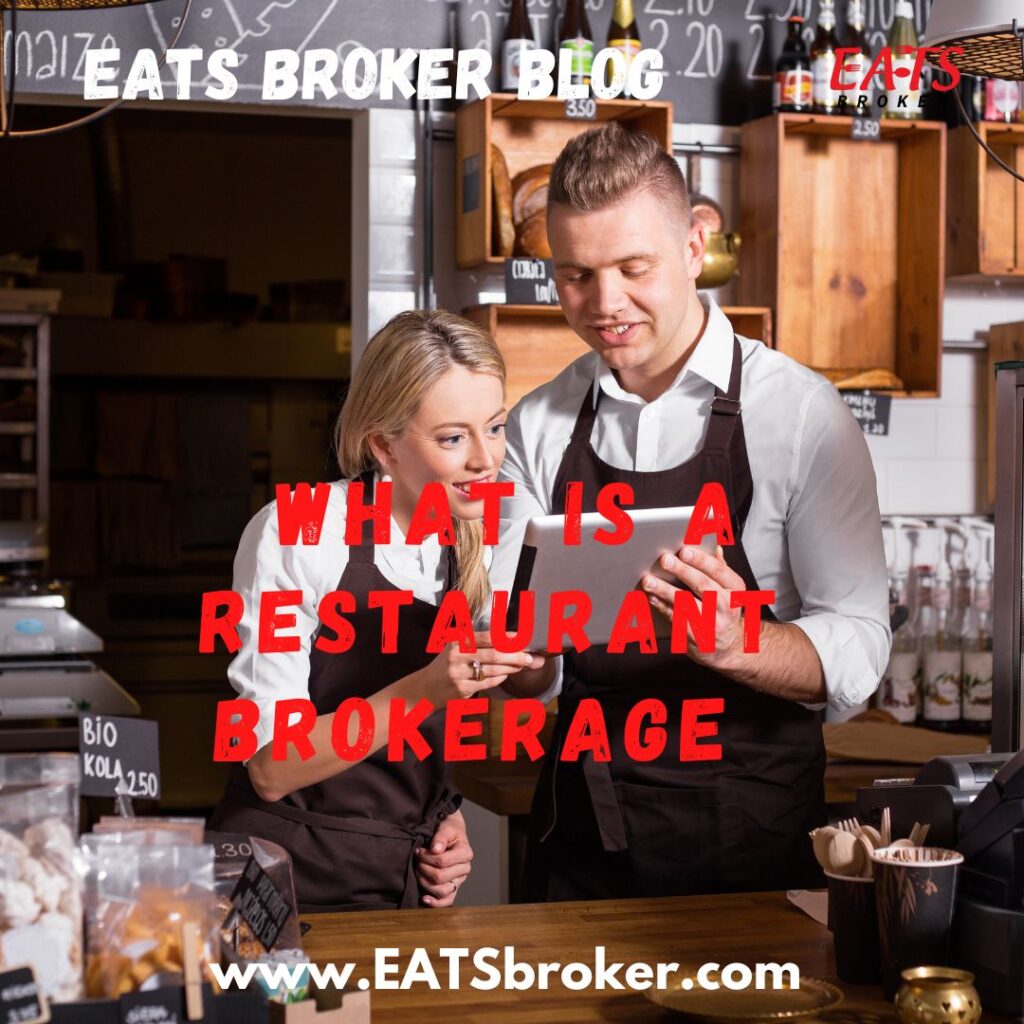
What is a restaurant brokerage? This is a question that is frequently asked by restaurant owners looking to sell their businesses. A Restaurant Brokerage is created by a business broker who specializes in helping restaurant owners with the transaction of selling a restaurant or acquiring restaurants through acquisitions. Restaurant Brokerage firms provide restaurant valuations to […]
How to Sell a Non-Profitable Restaurant: A Step-by-Step Guide
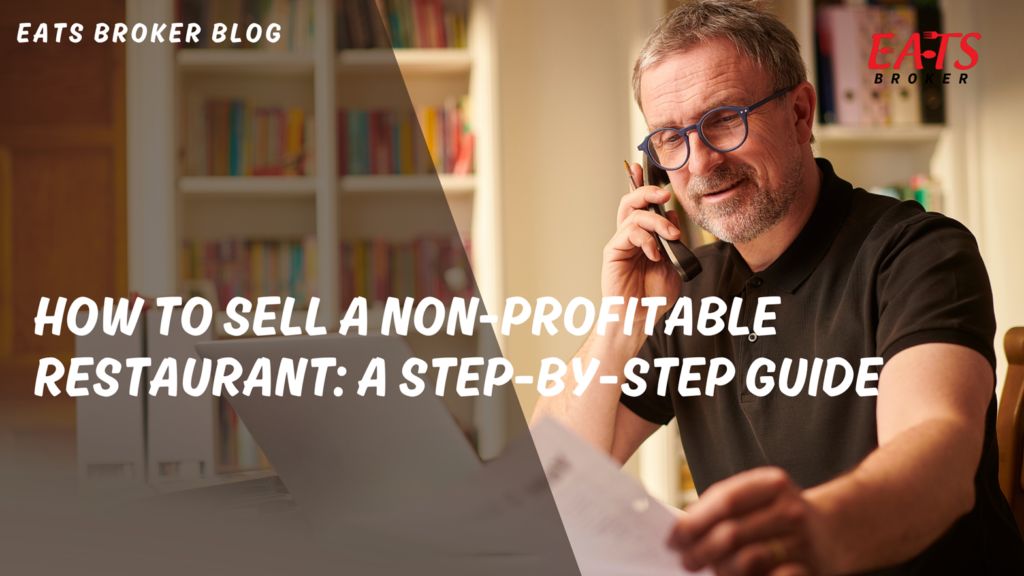
A common problem for restaurant owners is selling a non-profitable restaurant. Did you know that owning a restaurant is one of the most demanding jobs in the world? The average restaurant will close within five years. If you’re overwhelmed by financial liabilities, health insurance, divorce, partnership issues, legal issues, or simply ready to retire, you’re […]
Deron Coleman Joins EATS Broker to Help Restaurant Owners Successfully Sell Their Restaurant

Dallas, TX – March 19, 2025 – EATS Broker, a boutique restaurant brokerage firm specializing in restaurant, bar, and nightclub sales, proudly announces that Deron Coleman has joined the team as a Restaurant Broker. With a strong background in problem-solving, negotiation, and community engagement, Deron brings a fresh perspective and a deep commitment to helping […]
When selling a restaurant, do you need a Restaurant Broker
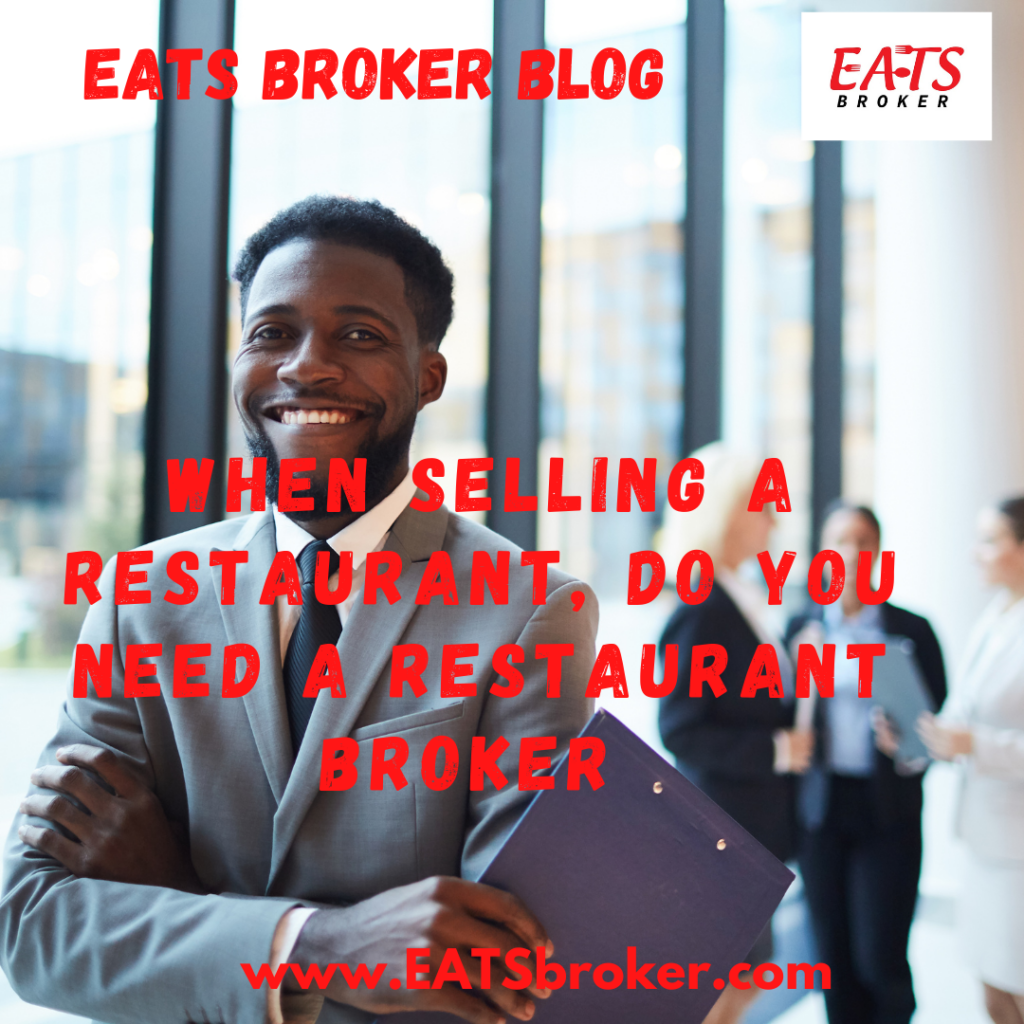
When selling a restaurant, owners must decide whether to use a Restaurant Broker or try to sell themselves. Finding the right Restaurant Brokerage to help sell a restaurant can be challenging. All Restaurant Brokerage firms are different. A Restaurant Business Broker is often a powerful asset in restaurant sales transactions. When selling a restaurant, do […]
How to Value a Restaurant- EATS Broker
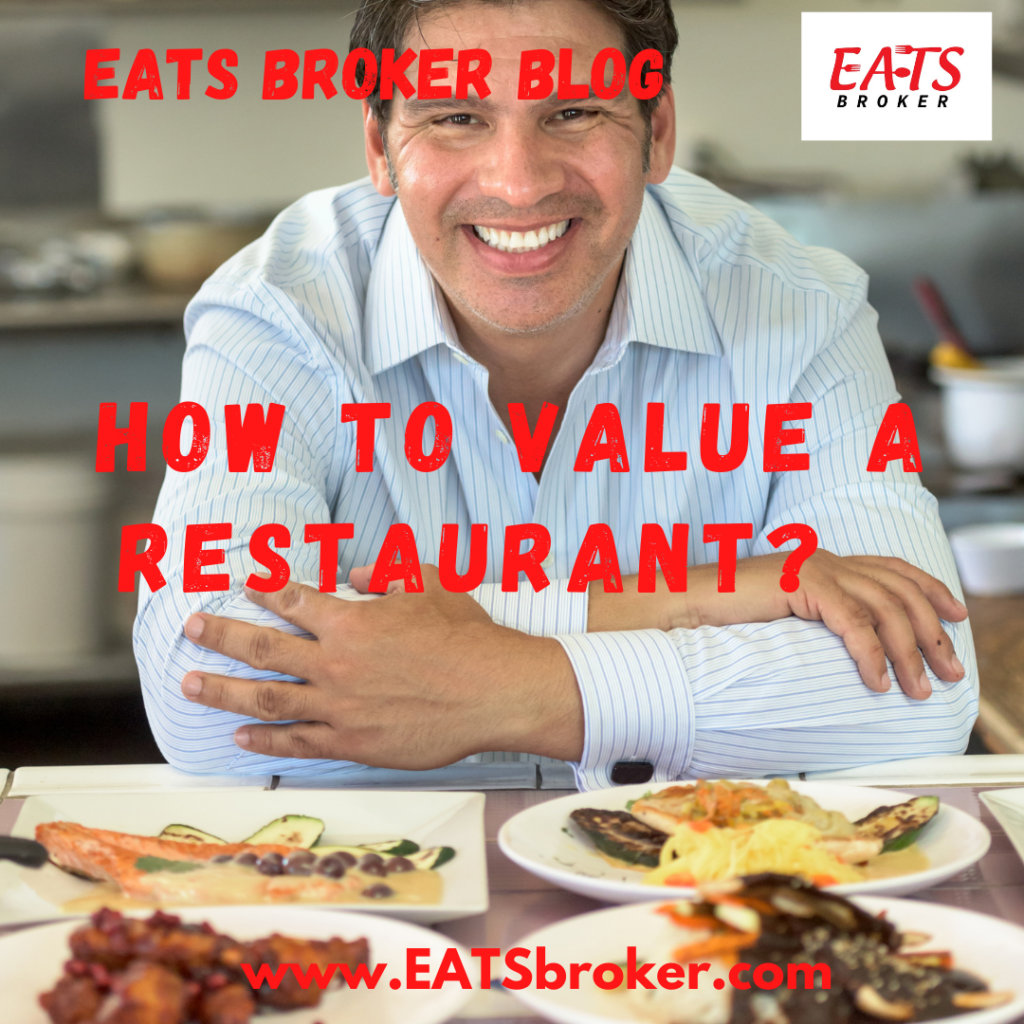
Around the beginning of the year, restaurant owners who are considering selling want to know how to value a restaurant. The first step to defining fair market value is to get a restaurant valuation. Hiring a trained Restaurant Business Broker who is experienced in providing restaurant valuations with SBA bank lending guidelines is highly recommended. […]
How to sell a restaurant when you own the property
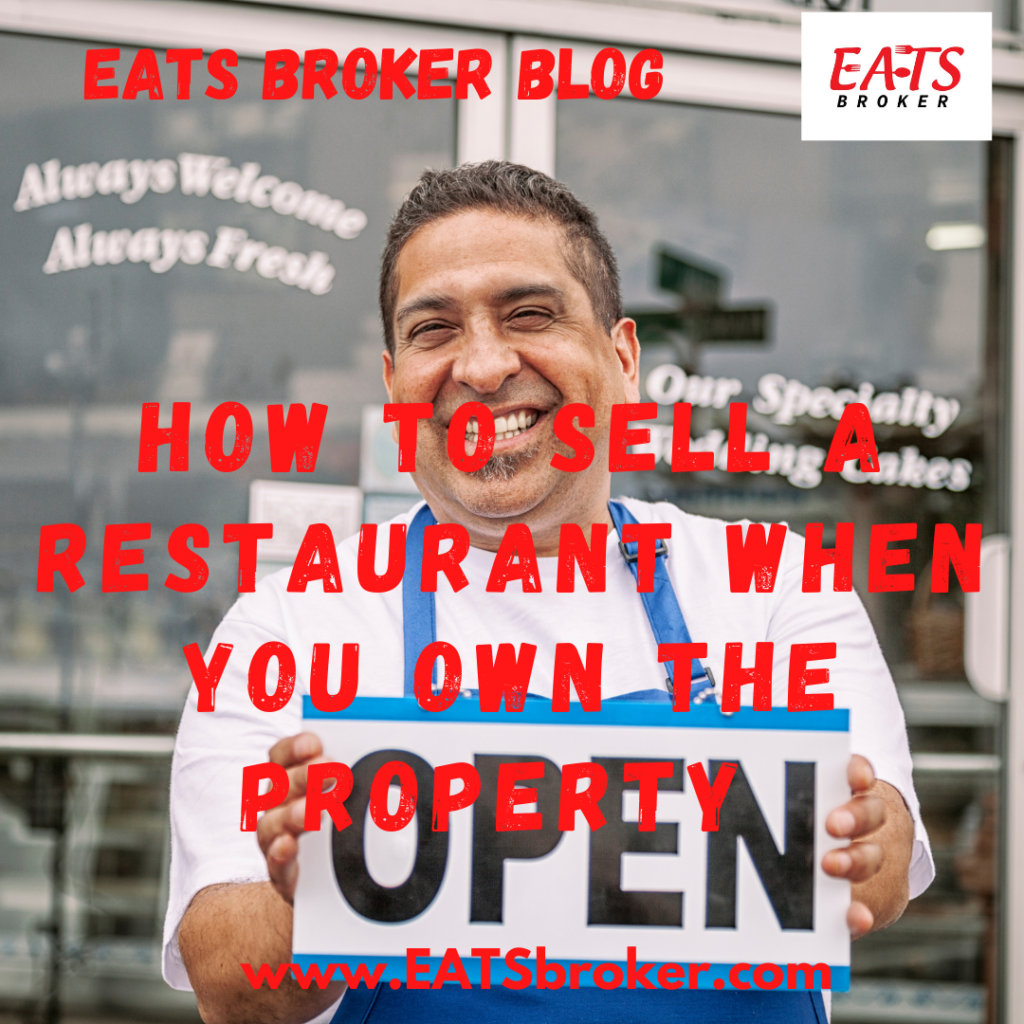
Selling a restaurant when you own the property allows a restaurant owner to decide on the sale structure. When selling a restaurant, there are different ways to structure a deal, including selling only the restaurant, selling only the property, or selling both. When deciding what solutions work best for the restaurant owner, it comes down […]
Best time to sell a restaurant
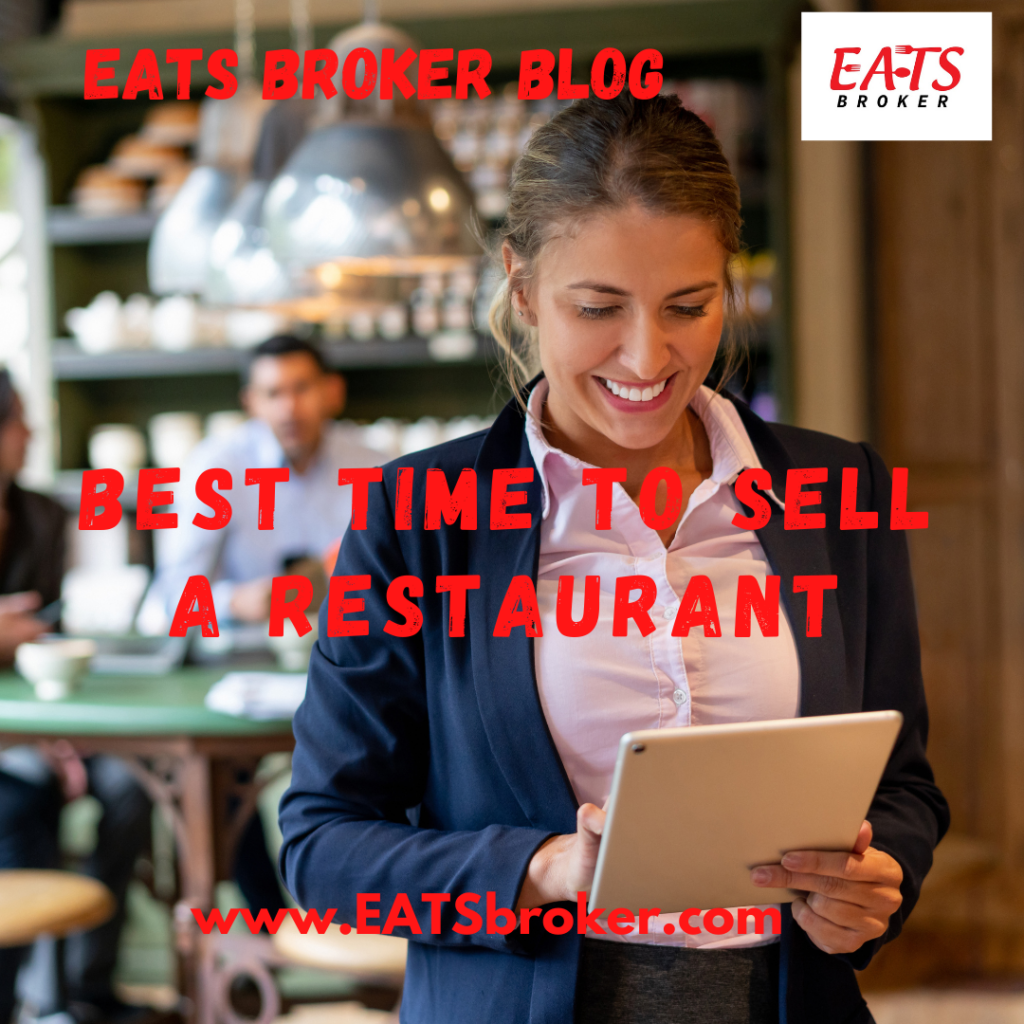
The best time to sell a restaurant is January through April. During this time, Restaurant Brokers see an increase in buyer inquiries. A new year brings new buyers to the market to buy a restaurant; buyers are looking for deals. The slowest times of year to sell a restaurant are May-July and November-December. It’s like […]
Dominique Maddox of EATS Broker was Inducted into the Million Dollar Club by the Georgia Association of Business Brokers
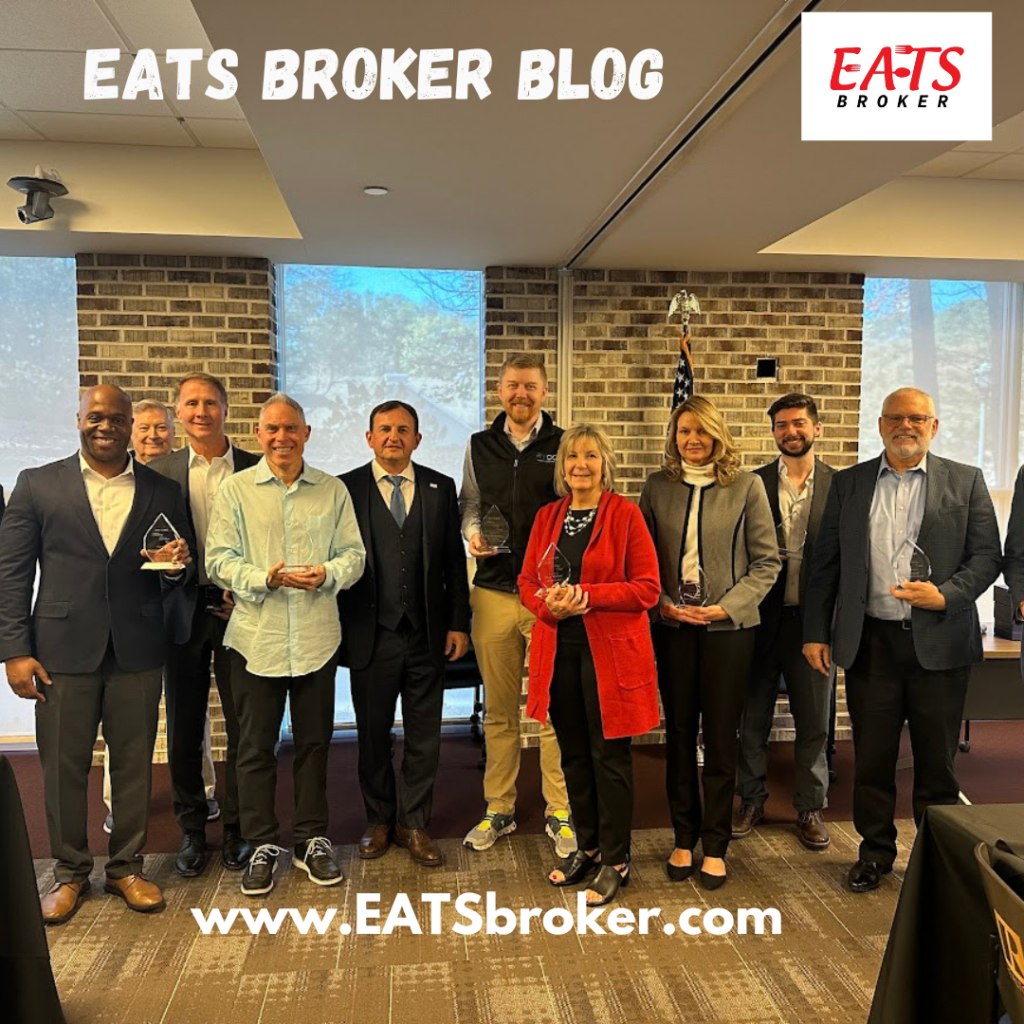
Atlanta, Georgia – December 6th, 2024 – Dominique Maddox, Founder and President of EATS Broker, has achieved a significant milestone in his career by being inducted into the prestigious Million Dollar Club by the Georgia Association of Business Brokers (GABB). This recognition highlights Dominique’s dedication, expertise, and outstanding performance in restaurant brokerage. EATS Broker, a […]

